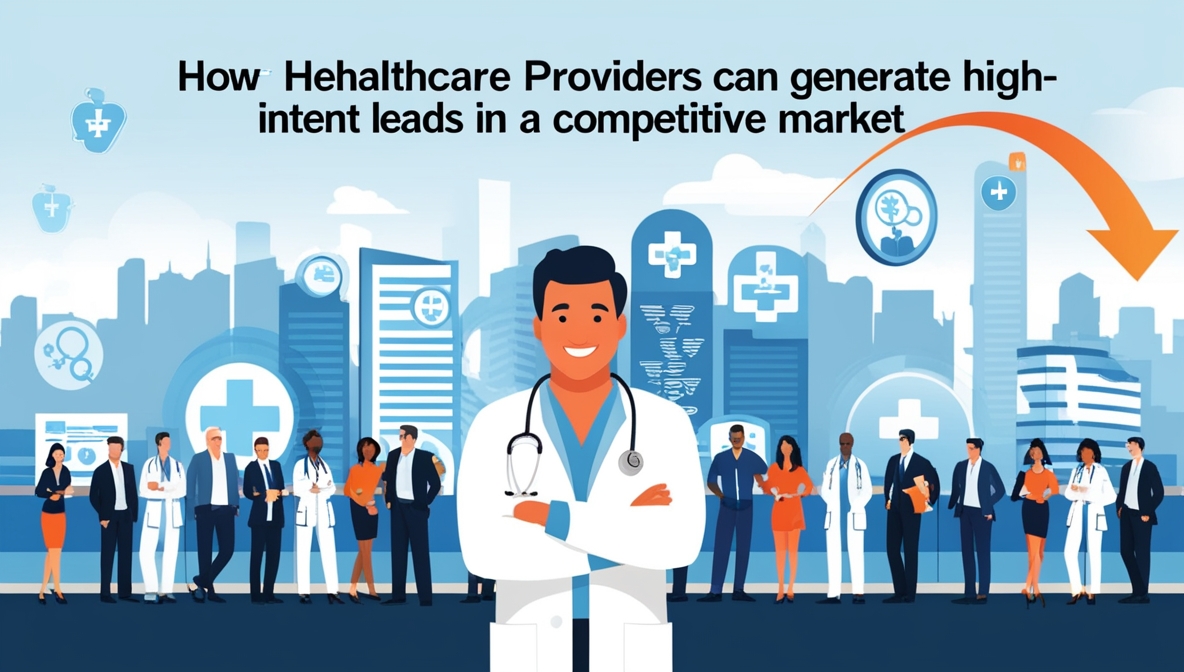|
Getting your Trinity Audio player ready... |
Quick Facts
- 60% of US healthcare providers already use AI
- 5 core pillars form the new regulatory framework
- FDA approval now mandatory for high-risk AI medical tools
- Human oversight required for all critical medical decisions
Why Should You Care About This?
If you or your loved ones visit a hospital, use health apps, or rely on medical imaging, this new framework directly impacts your care. The US government just announced the most comprehensive AI healthcare regulations in modern history—and it’s going to change everything.
What Sparked This Major Move?
AI has transformed healthcare faster than anyone predicted. But with innovation came risks:
Have you experienced any of these concerns?
- ❌ Misdiagnosis from AI-powered imaging tools
- ❌ Biased treatment recommendations based on flawed data
- ❌ Uncertainty about who has access to your medical records
- ❌ Unregulated health apps making questionable claims
You’re not alone. These exact issues pushed US authorities to act decisively.
The 5 Pillars Protecting Your Healthcare
Pillar 1: Truth in AI – No More Black Boxes
What changes for you: Your doctor will now know exactly how any AI tool works before using it on you. Companies must reveal:
- Where their training data came from
- How accurate their AI really is
- What the system can—and cannot—do
- Real-world performance records
💡 Think of it like nutrition labels, but for AI medical tools.
Pillar 2: FDA Gets Tough on High-Risk AI
Your safety net just got stronger.
AI systems used in these critical areas now face rigorous testing:
- 🫀 Heart disease detection
- 🧠 Brain imaging and cancer screening
- 🚑 Emergency care decisions
- 🤖 Surgical robotics
The requirement: Clinical trials just like any new drug or medical device.
What this means: No more “move fast and break things” when your life is on the line.
Pillar 3: Your Medical Data Gets Fort Knox-Level Protection
Worried about data privacy? These new rules have you covered:
✅ End-to-end encryption (always)
✅ Your data must be anonymized before AI training
✅ Strict limits on who accesses your health records
✅ Tech companies can’t freely use patient data
Bottom line: Your medical history stays between you and your healthcare providers.
Pillar 4: Fairness Audits – Because AI Shouldn’t Discriminate
Here’s a critical question: What if an AI recommends different treatments based on your race or zip code?
New requirement: Regular bias testing to ensure AI treats everyone fairly.
If bias is detected: Immediate action required. No exceptions.
The goal: AI should reduce healthcare disparities, not amplify them.
Pillar 5: Doctors Stay in Control – Always
The golden rule: AI assists. Humans decide.
Your doctor—not a computer—makes the final call on:
- 🎗️ Cancer diagnoses
- 💊 High-dose medications
- 🏥 ICU care decisions
- ⚕️ Surgical plans
- 🚨 Emergency triage
Why this matters: AI provides insights. Your doctor provides judgment, empathy, and accountability.
What Hospitals and Tech Companies Must Do Now
Healthcare providers are racing to adapt:
Immediate investments needed:
- Dedicated AI validation teams
- Enhanced cybersecurity infrastructure
- Comprehensive staff training programs
- Audit-ready documentation systems
- Ongoing risk assessment protocols
For tech companies: Time to rebuild products around FDA and HHS standards—or risk being shut out of the US market.
USA Takes the Global Lead
This framework positions America at the forefront of responsible medical AI. The promise:
✅ Fewer medical errors
✅ More accurate diagnoses
✅ Stronger data protection
✅ Fairer AI-driven decisions
✅ Greater patient trust in digital health
What Do You Think?
Questions to consider:
- Do these regulations strike the right balance between innovation and safety?
- Should AI ever make medical decisions without human oversight?
- How do you feel about AI analyzing your health data?
The Takeaway
As AI becomes central to healthcare’s future, the USA is building a foundation that prioritizes your safety, privacy, and fair treatment over speed and profit. This structured approach could become the global standard—and that affects patients everywhere.
Want to learn more about how AI impacts your healthcare? Stay informed as this framework rolls out nationwide.







